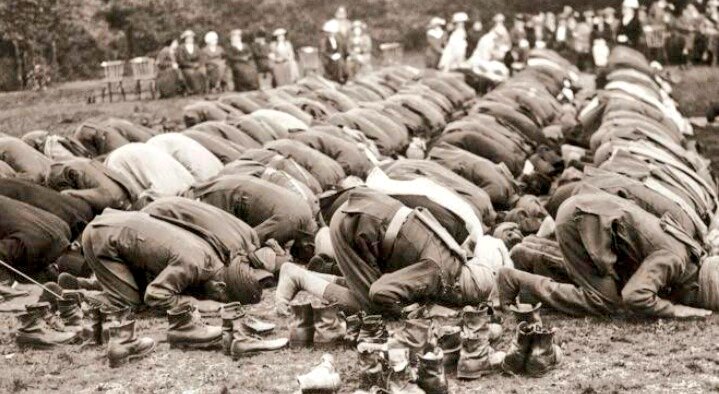
P Chidambaram was India's Home Minister when Manmohan Singh was Prime Minister. During an interview, Barkha Dutt (@BDUTT) asked a question that why India did not attack Pakistan after #MumbaiTerrorAttack? He replied, ‘We did not want to repeat Parakram’
What was Parakram?
🧵
What was Parakram?
🧵
Operation Parakram was a 10 month military stand off between India and Pak in 2001-02 in which 798 Indian soldiers without fighting Pakistan as a result of mishaps in minefields, mishandling of ammunition and traffic accidents due to ‘inexperience’ as per Indian war veterans.
About 10.5 lac mines were laid and subsequently cleared after the stand off which resulted in huge number of casualties.
This doesn't compare favourably with the Kargil conflict when India had lost 527 soldiers in intense fighting over 50 days albeit Indian forces had failed...
This doesn't compare favourably with the Kargil conflict when India had lost 527 soldiers in intense fighting over 50 days albeit Indian forces had failed...
..occupy the most strategic peak ‘Point 5353’, which was the core objective of Operation Vijay.
The cost of sustaining Operation Parakram over ten months was reported by India's National Security Advisory Board (NSAB) at rupees 7 crore a day.
The cost of sustaining Operation Parakram over ten months was reported by India's National Security Advisory Board (NSAB) at rupees 7 crore a day.
This works out to be Rupees 2100 crore (about US $470 million) over seven months and doesn't include the cost of mobilization and sending the troops back to barracks. Another report estimated the total cost of mobilization at US $600 million and the cost of replacing damaged...
..equipment at US $1.5 billion. Credit does to President Musharraf for escalating the forces within a few days on the eastern front because of which India lost the element of surprise. Lt Gen Ali Jan Aurakzai writes in his memoirs ‘Beyond Tora Bora’ that President Musharraf was..
..even threatened to move the three brigades of 11 Corps from ersrwhile Khyber, Kurram and Orakzai agencies towards the east. These brigades were deployed to establish blocking positions on Durand Line with an aim to apprehend the foreign fighters of Al Qaeda after US invasion.
* The source of facts about Operation Parakram is Brigadier Gurmeet Kanwal's chapter in the book “The Indo Pakistan Military Standoff” who served in Indian army.
• • •
Missing some Tweet in this thread? You can try to
force a refresh










